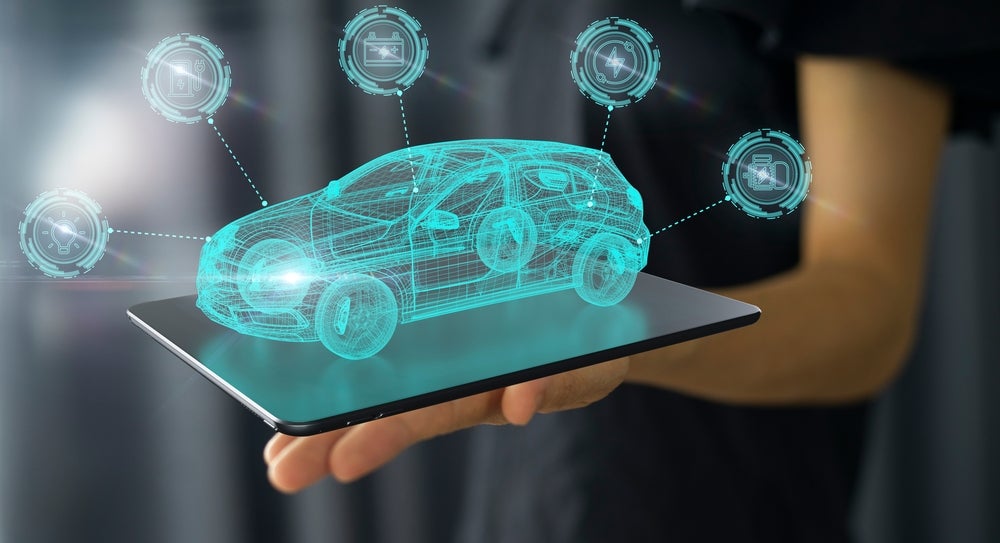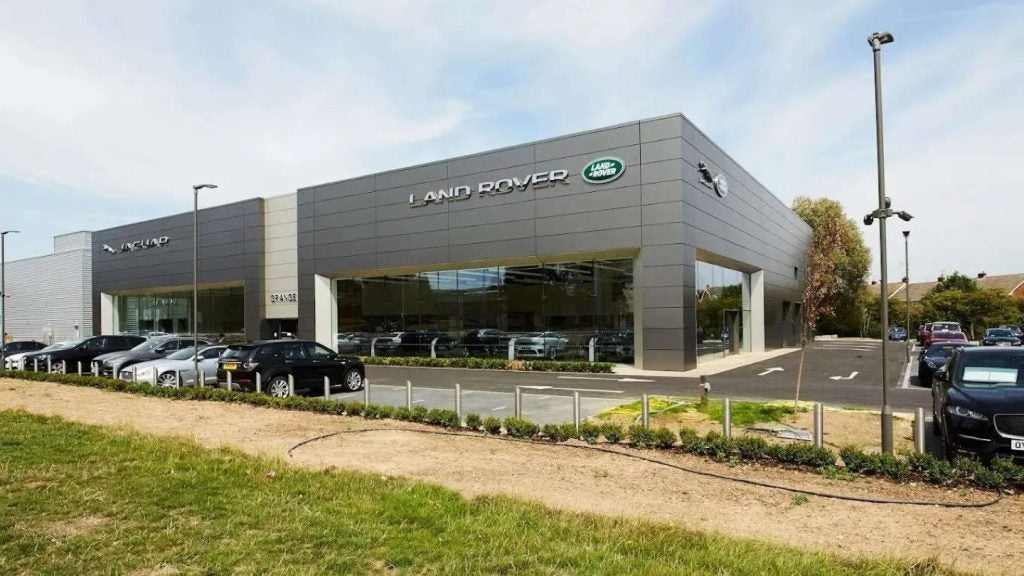Future of the Metaverse in Automotive Technology
Amalia Maiden, graduate analyst with GlobalData’s Thematic Intelligence team considers the outlook for disruptive technology in the auto sector.
The concept of the metaverse has been around since the 90s, but over the past two years it has gained greater attention — although much of its offering has been met with scepticism.
Despite the naysayers, and although it is still in its early stages, the metaverse is already predicted to become a significant opportunity for the automotive industry by 2030, with a market forecast of $626.5 billion, according to GlobalData.
What is the metaverse?
By definition, the metaverse is a virtual world where users share experiences and interact in real-time within simulated scenarios. It brings together a range of next-generation technologies from cloud computing to artificial intelligence (AI), blockchain, virtual reality (VR), digital twins, and adtech.
While still largely conceptual, the metaverse could transform how people work, shop, communicate, and consume content.
How will it impact the automotive industry?
One of the most promising applications of the metaverse in the automotive industry is the ability to make digital media experiences more immersive, inclusive, and accessible than they are today. As the industry moves toward fully self-driving vehicles, which are predicted to arrive around 2035, the metaverse and augmented reality (AR) will play a significant role in onboard information and entertainment systems. Imagine being able to overlay content over the outside world or repurpose car windows to display a different world entirely. This transformation of the in-car experience could significantly enhance customer satisfaction and loyalty.

US Tariffs are shifting - will you react or anticipate?
Don’t let policy changes catch you off guard. Stay proactive with real-time data and expert analysis.
By GlobalDataDriving cars in a virtual world
The metaverse can also provide an innovative solution to test-driving vehicles, which is an essential aspect of the car-buying process. The ability to test drive a car is crucial to empowering consumer choice and encouraging automotive sales. However, not all consumers have the opportunity to test drive a car before purchasing it, which can limit their choices. With the metaverse, consumers will be able to test drive cars virtually, which will help them make informed decisions and expand their options.
Selling the future
This virtual platform also provides new opportunities for automotive brands to showcase their vehicles and connect with customers in ways that were previously impossible. By creating immersive digital showrooms and virtual test drive experiences, car manufacturers can reach a broader audience and differentiate themselves from competitors.
The metaverse can also facilitate collaborations between automotive brands and other industries, such as gaming and entertainment, to create innovative and engaging content for customers.
Greater cybersecurity risks on the horizon
However, as with any new technology, there are potential challenges that need to be addressed. One of the significant concerns surrounding the metaverse is privacy and security. As users engage in shared virtual experiences, they may be exposing themselves to potential risks, such as data breaches and cyber attacks. The automotive industry needs to prioritise the security and privacy of its customers and ensure that their data is protected.
Another challenge is accessibility
Although the metaverse promises to make digital media experiences more accessible, there is a risk that it may exclude certain segments of the population, such as those with disabilities or low-income individuals who cannot afford the necessary equipment to participate. The industry must address these challenges to ensure that the metaverse is inclusive and accessible to all.
The metaverse presents a significant opportunity for the automotive industry to transform the in-car experience and enhance customer satisfaction and loyalty. By leveraging this technology, car manufacturers can create immersive digital showrooms, virtual test drive experiences, and innovative collaborations to connect with customers and differentiate themselves from competitors. However, the industry must address potential challenges, such as privacy and accessibility, to ensure that the metaverse is truly an inclusive and accessible space for all.
Report store: https://www.globaldata.com/store/report/metaverse-in-automotive-industry-theme-analysis/








